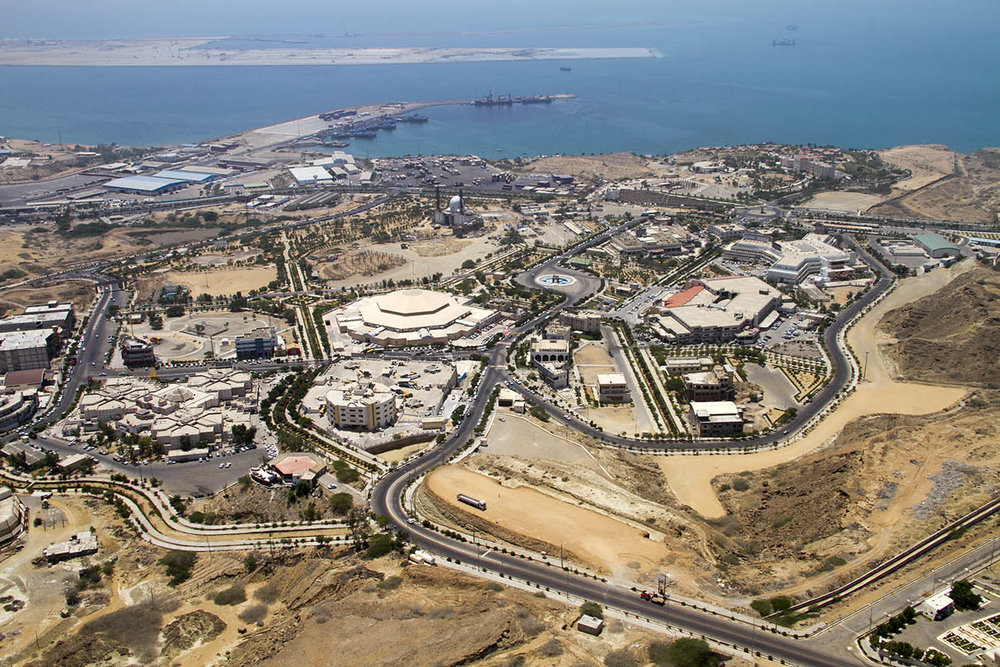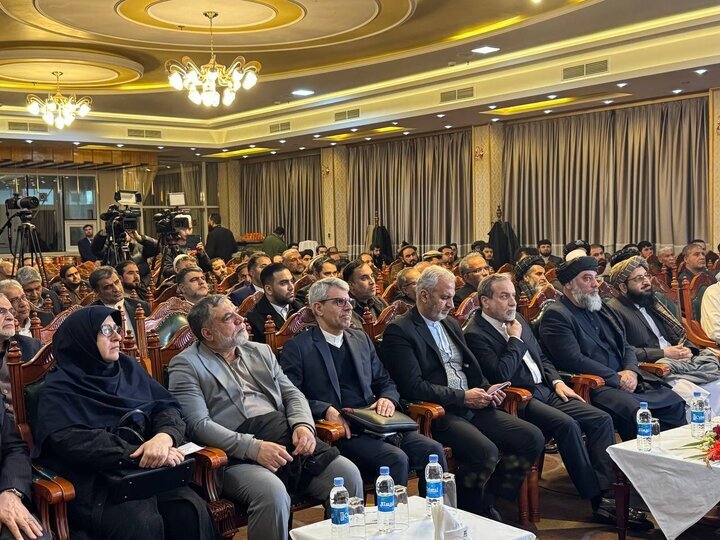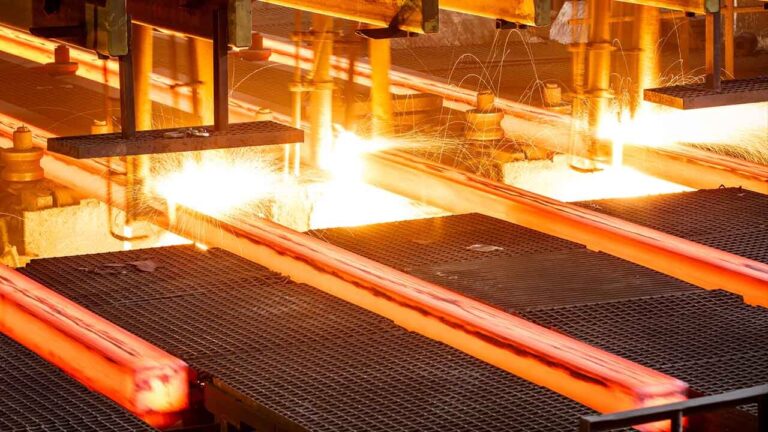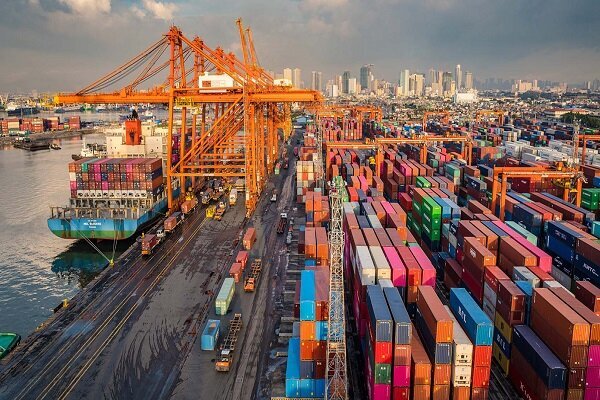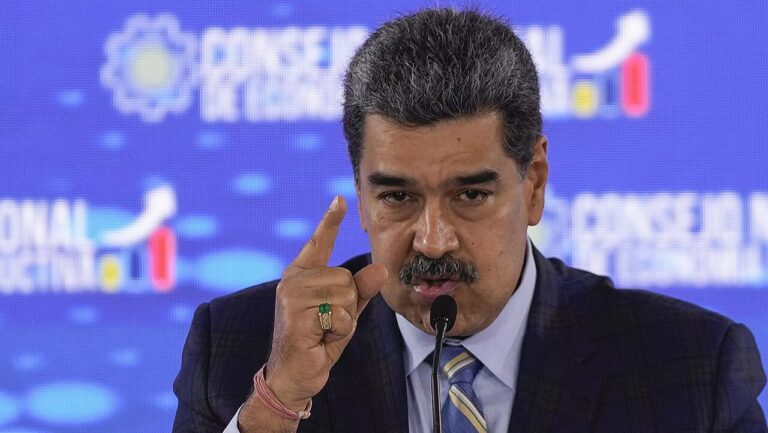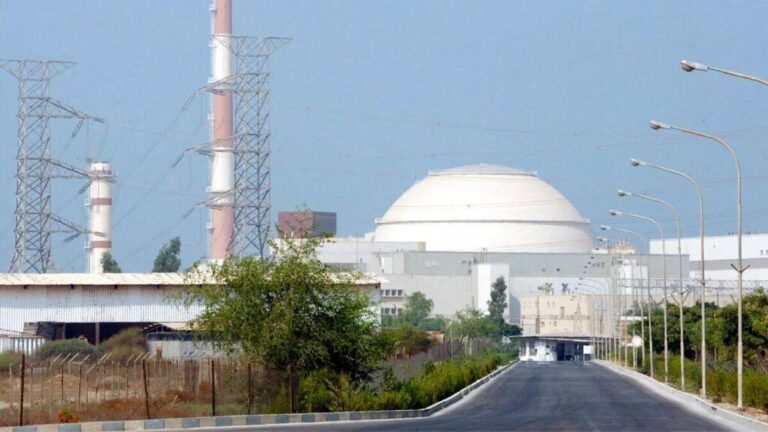Unlocking Investment Opportunities: How Free Zones Boost Foreign Direct Investment
Free zones have become essential in the global economy, offering numerous incentives that attract multinational corporations. These designated areas provide tax exemptions, regulatory flexibility, and streamlined trade procedures, making them increasingly appealing for businesses looking to expand.
By fostering a business-friendly environment, free zones play a pivotal role in economic diversification, boosting employment opportunities, and facilitating technology transfer. Here’s a closer look at how these zones are transforming the landscape of international trade.
The allure of free zones lies in their capacity to:
- Reduce operational costs: Companies can significantly lower their expenses by leveraging the benefits offered by these zones.
- Mitigate investment risks: The advantageous policies and frameworks help minimize potential financial setbacks.
- Capitalize on duty-free imports: Businesses can import goods without incurring additional tariffs, enhancing their profitability.
- Gain export advantages: Free zones provide companies with easier access to international markets.
- Reduce bureaucratic complexities: Simplified procedures make it easier for companies to establish and operate within these zones.
Countries like the United Arab Emirates, Singapore, and China have effectively utilized their free zones to attract billions of dollars in foreign direct investment (FDI). These zones have evolved into vital global trade and logistics hubs:
- United Arab Emirates: Dubai’s Jebel Ali Free Zone (JAFZA) exemplifies how a robust regulatory framework and world-class infrastructure can attract significant foreign capital.
- Singapore: Jurong Island integrates petrochemical industries within a specialized free zone, drawing major global investors in the energy and chemicals sectors.
- China: The Special Economic Zones (SEZs), especially in Shenzhen, have transformed the manufacturing landscape by attracting foreign enterprises through tax incentives and a streamlined regulatory environment.
Despite the numerous advantages, free zones are not without challenges. There are concerns regarding:
- Tax evasion: The potential for misuse of tax benefits requires careful monitoring and regulation.
- Illicit trade: Free zones can sometimes be exploited for illegal activities, necessitating stringent oversight.
- Regulatory inconsistencies: Differences in regulations across regions can create confusion and hinder investment.
Governments must adopt balanced policies to ensure transparency while maintaining investor confidence. Additionally, the growing focus on sustainable development necessitates the incorporation of environmental standards within free zones to align with global ESG (Environmental, Social, and Governance) principles.
To enhance FDI inflows, policymakers should concentrate on:
- Continuous regulatory improvements: Regular updates to policies can help keep free zones competitive and attractive to investors.
- Strengthening trade agreements: Solidifying international partnerships can facilitate smoother trade operations.
- Fostering public-private partnerships: Collaboration between the government and private sector can lead to innovative solutions and improvements.
Furthermore, the evolution of smart free zones, which incorporate digital trade platforms and blockchain-based customs processes, will solidify their status as key investment destinations. As global trade dynamics continue to shift, free zones will remain crucial in attracting FDI.
By proactively addressing emerging challenges and adopting innovative strategies, governments can ensure that these economic zones remain competitive, resilient, and aligned with the future of global commerce. Free zones will undoubtedly play an instrumental role in shaping the future of international trade.
By: Dr. Kamal Ebrahimi Kavari, University Assistant Professor and Distinguished Expert in Free Trade Zone
